Cancer discovery news
Our researchers are making the discoveries that defeat cancer. Read the latest findings from our world-leading research.
Visit our main news hub to read about news on new funding, our fundraising activities and much more. If you want to keep updated on our news, you can follow us on social media or sign up for our Search newsletter.
If you’re a journalist and want to find out more, you can contact our media relations team.

Manipulating cells’ shapes could treat breast cancer
Changing the shapes of tumour cells could make them a target of the body’s own inflammatory response against a tumour, inhibiting cancer progression.

‘Stem cell’ test could identify most aggressive breast cancers
Breast cancers cells that behave like adult stem cells are more likely to spread to other parts of the body, according to research.
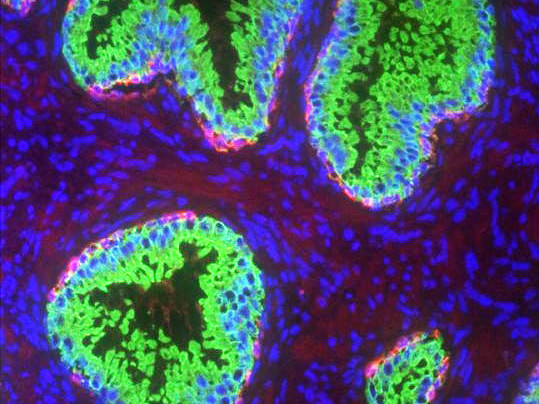
Healthy-looking prostate cells mask cancer-causing mutations
Prostate cells that look normal under the microscope may be hiding genetic mutations that could develop into cancer.
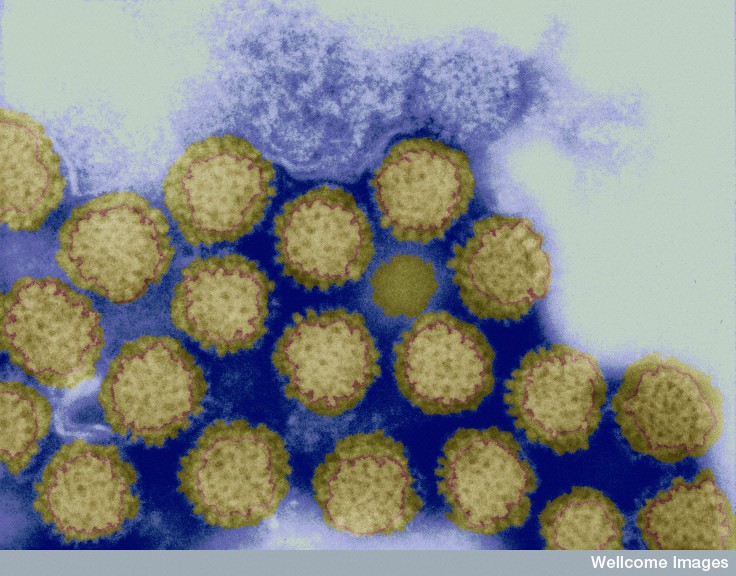
Cancer-targeting virus gives surprising boost to other skin cancer treatments
A virus specially designed to target skin cancer boosts the effectiveness of other cancer treatments in an unexpected way, a new study has found

ICR co-ordinates sector-wide Telegraph letter on childhood cancer drugs rules
A letter written by The Institute of Cancer Research, London, and co-signed by more than 10 charities has been published in The Telegraph.

New breast cancer test links immune ‘hotspots’ to better survival
From criminology to cancer research – a new test can predict the survival chances of women with breast cancer by analysing images of ‘hotspots’ where there has been a fierce immune reaction to a tumour.
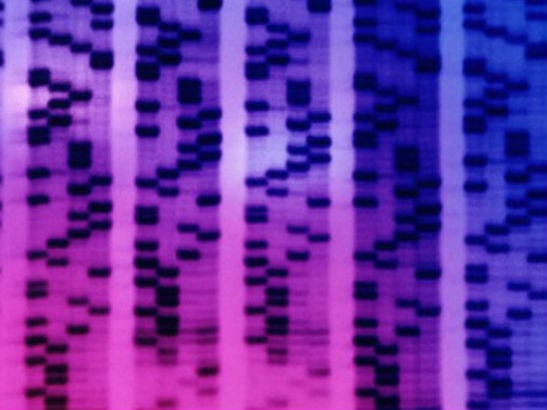
Scientists find cancer weak spots for new targeted drugs
Scientists have identified weak spots in cancer cells that could be targeted and attacked by new precision drugs.

Cancer risk linked to DNA ‘wormholes’
Researchers found that DNA sequences within ‘gene deserts’ – so called because they are completely devoid of genes – can regulate gene activity elsewhere by forming DNA loops across relatively large distances.
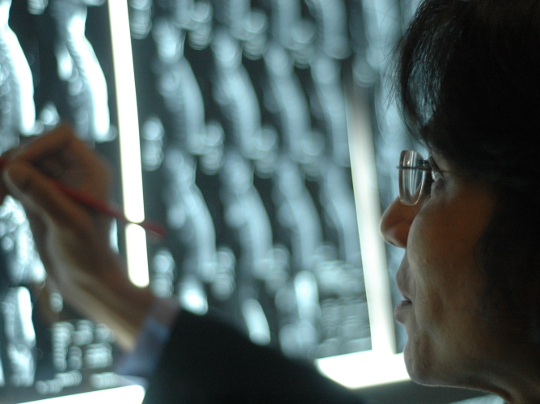
Why we need more women at the top of science
Despite making up 50% of students and postdoctoral researchers, not enough women progress to senior positions in science. The ICR is striving to ensure all researchers have the same opportunities to develop their scientific careers, regardless of gender.
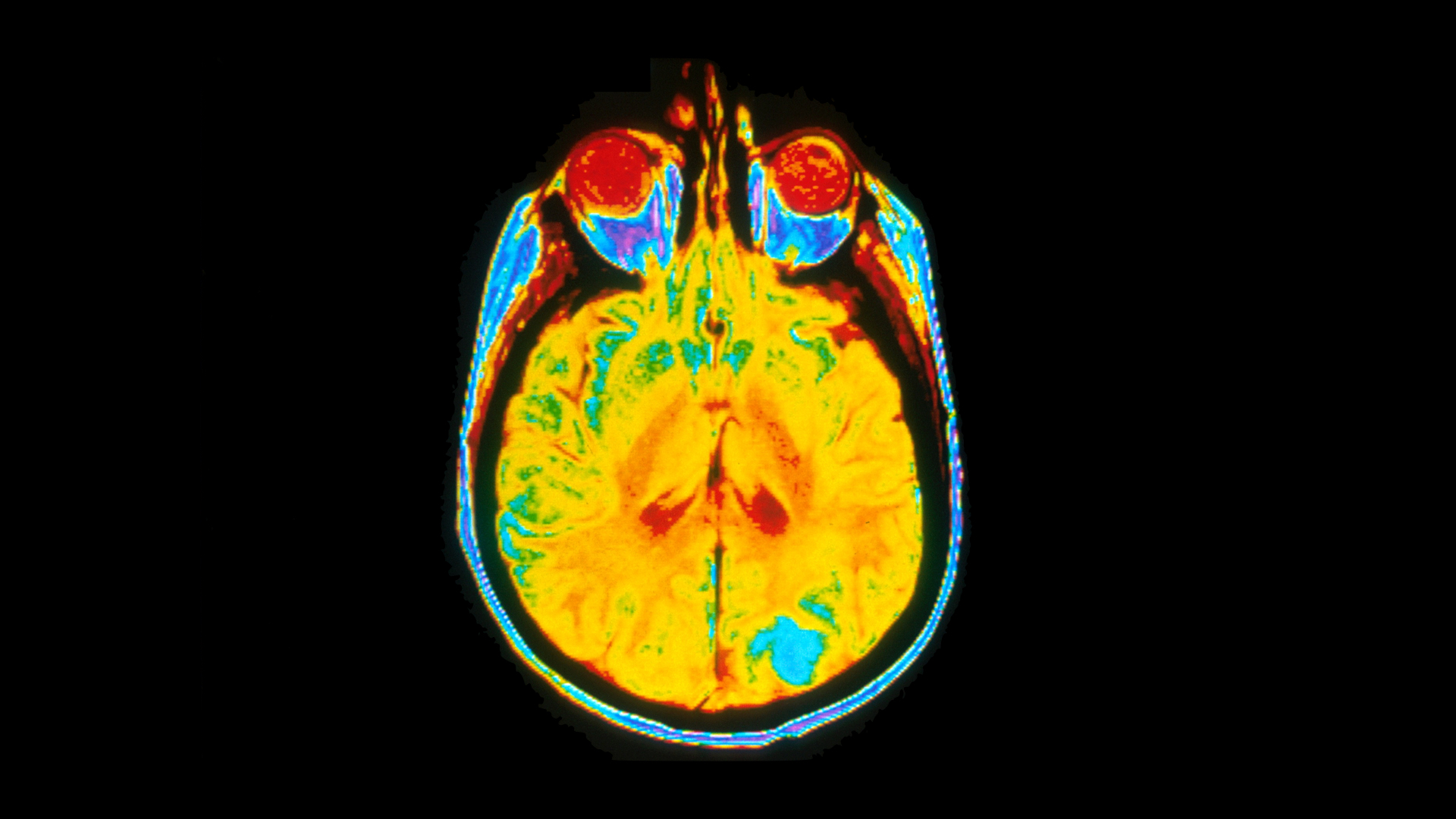
Scan tunes out interference to detect cancer metabolism
A new type of scan uses a clever ‘noise cancelling’ technique to map cancer metabolism inside brain tumours, a new study shows.

Paul Workman visits Boston with London Mayor Boris Johnson
Professor Paul Workman, Chief Executive of The Institute of Cancer Research, London, visited the prestigious university town of Boston this week with Mayor of London Boris Johnson to promote the capital as a world-leading centre for life sciences.

Statement on today’s rejection of abiraterone before chemotherapy by the Scottish Medicines Consortium
The ICR's CEO Professor Paul Workman reacts to the news that the Scottish Medicines Consortium has rejected the use of abiraterone before chemotherapy.